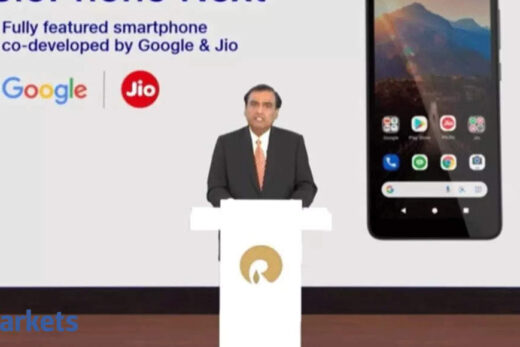The assertions of Amazon which it has claimed with success in the arbitral tribunal meant Amazon has significant strategic rights over FRL superior to all the shareholders, lenders and creditors of FRL, without holding even a single share in FRL.
“Combined with the fact that the promoters of FRL are contractually bound to vote as per the directions of Amazon, clearly means Amazon and the promoters of FRL are ‘persons acting in concert’ in exercising control over FRL. This triggers an obligation on Amazon to make an open offer to the public shareholders of FRL to acquire 26% of FRL, at the share prices prevailing at the time of the execution of the FCPL SHA, namely Rs 500 per share,” the statement said.
Amazon indirectly owns a 5% stake in Future Retail Ltd (FRL) — which houses all food and grocery stores such as Big Bazaar, HyperCity, Easyday and Nilgiri’s — through a 49% stake in promoter holding firm Future Coupons that it bought for Rs 1,500 crore in 2019. The e-commerce major Amazon, which has been opposing Future Group’s deal to sell off retail assets to as a slump sale, has approached the Singapore International Arbitration Centre (SIAC).
Amazon’s contractual rights to buy FRL shares come into force only after 2022 and in any case are contingent on a change in the rules by the current BJP-led government that bar foreign direct investment (FDI) in retail.
“Amazon’s acquisition of these strategic rights will be in violation of FEMA FDI Rules since any acquisition of shares or rights as a shareholder by a foreign entity in FRL (multi-brand retail company) requires prior approval of the Government,” added the statement.
The letter said had Amazon’s assertions and claims of making FRL a party been disclosed, CCI would have referred the matter to SEBI to check whether the transaction is in compliance with SEBI laws and regulations. Further, the CCI would have also referred the matter to the Department of Economic Affairs (DEA) and the Enforcement Directorate (ED) to ensure compliance of the transaction of FEMA FDI laws.
In addition, SEBI would have responded that the transaction triggers an open offer by Amazon, which if not done will make the transaction illegal and the Central Government would have never approved acquisition of strategic rights in a multi-brand retail company by a foreign entity, which means Amazon would not have been able to complete the transaction.



